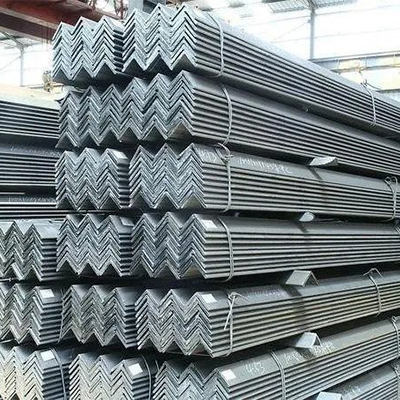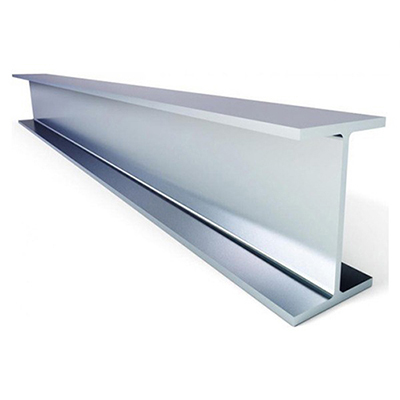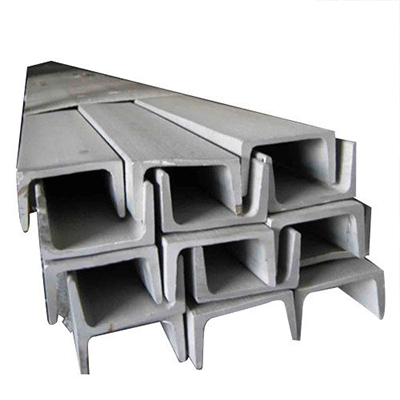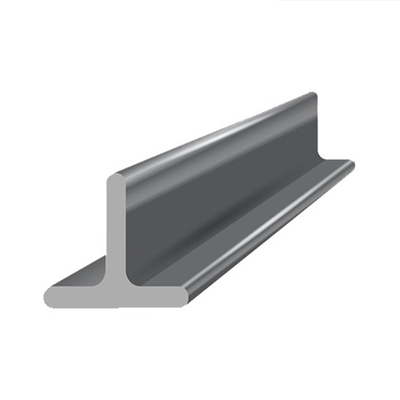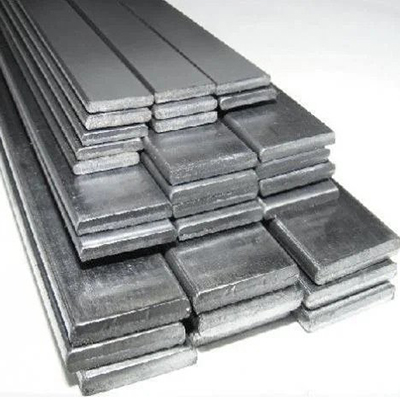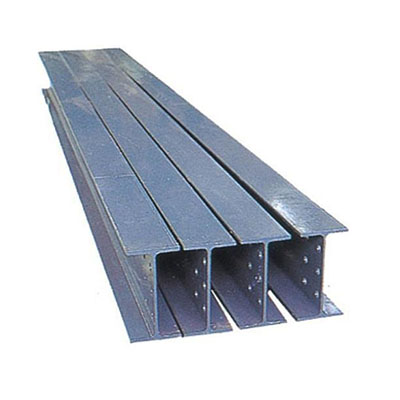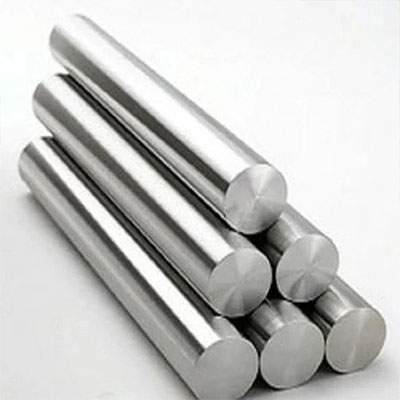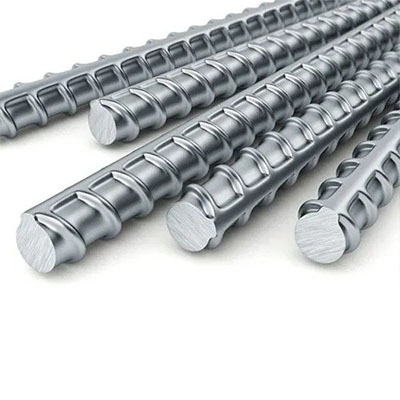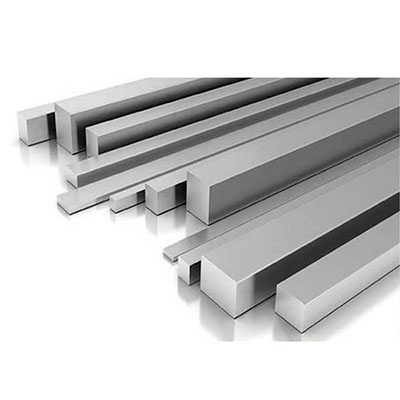

MS Structural Steel Supplier
What is MS Structural Steel?
To Know All about MS Structural Steel Supplier in Kolkata, Bihar, Odisha, Assam , Jharkhand one should know Structural Steel is durable, strong, and versatile steel used in construction projects. It is most commonly used in buildings, bridges, and other large-scale structures. It has a higher tensile strength than mild steel and can handle heavy loads without being prone to warping or buckling. The strength-to-weight ratio of structural steel also makes it an ideal material for construction projects where weight needs to be kept to a minimum.
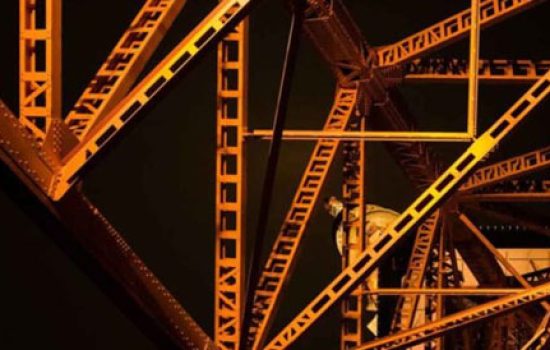

What is Mild Steel?
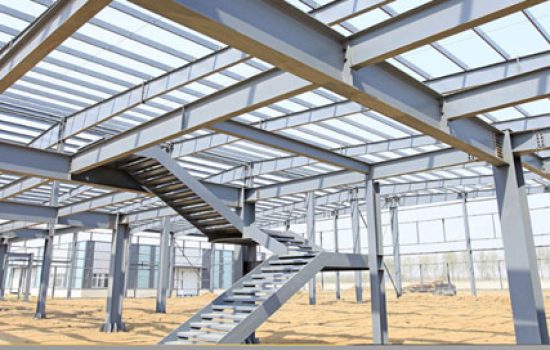

Difference Between Structural Steel and Mild Steel
- Structural Steel is a type of steel that is used in the construction industry. It is made from various alloys, including carbon, chromium, manganese, and nickel. Structural steel is stronger and harder than other types of steel, making it ideal for use in the construction of buildings and other structures.
- The main difference between structural Steel and Mild Steel is their carbon content. Structural steel contains more carbon, making it stronger and harder. Mild steel has a lower amount of carbon, making it softer and more ductile.
- Another difference between structural Steel and Mild Steel is their price. Structural steel is typically more expensive than mild steel due to its higher carbon content and strength. However, mild steel can be as strong as structural steel if properly heat-treated.
- Yet another difference between Structural and Mild Steel is their weight per square inch – or density. Structural Steels are generally heavier due to their higher carbon content, while mild steels have a lower density because of their lower carbon content
Mild Steel (MS), also known as ‘low carbon steel’, is a type of carbon steel with a low amount of carbon content Which helps a MS Structural Steel Suppliers to established a profitable business.
The amount of carbon ranges from 0.05% to 0.25% by weight although these ranges vary according to different sources.
MS Structural Steel Suppliers state that Low amount of carbon makes mild steel typically more ductile, machinable, and weldable than higher carbon and other steels. mild steel is almost impossible to harden and strengthen through heating and quenching processes. due to the comparatively higher amount of iron and ferrite, mild steel is magnetic in nature.
MS Structural Steel Suppliers provide Mild Steel pipes for the supply of water i.e. plumbing, firefighting and HVAC (Heating, Ventilation, and Air Conditioning). Furthermore, these pipes are perfect to use in several industrial as well as engineering applications. MS pipes are coated with paint, varnish, or other metals that help not only to protect them from rusting, but also to make them long-lasting and work under critical conditions. So , choosing a trusted MS Structural Steel Suppliers is a big deal for any contractor now a days.
The different types of MS Structural Steel and their various uses are as follows:
- Tee: The tee beam, also referred to as the T-beam, finds its most extensive use in load-bearing purposes. Due to its T-shaped cross-section, it allows for a large amount of load to be carried appropriately.
- Channel: Channel beams, also known as C-beams, are created with top and bottom flanges that form a C-shape. C-beams have enjoyed the most amount of usage in building bridges over the years. Nowadays, C-beams are starting to be used extensively for a wide range of building applications, including and not just limited to building marine piers.
- Bearing Pile: Construction professionals and engineers strive to find the best possible methods to use and design. The bearing tiles are designed to create a deep foundation system, and these beams are used by builders to create foundations in areas containing dense soil and for projects that require tons of weight to be handled at once. Here, MS Structural Steel Suppliers played a vital role.
- Angle: These types of beams, also known as L-shaped beams, are best utilized in-floor systems with building foundations. These beams, because of their L-shaped design, provides the required stability for floor systems while reducing structural depth, simultaneously making them very popular by MS Structural Steel Suppliers with builders and constructions workers.
- I-beam: I-beams, also sometimes known as H-beams, are beams with I or H shaped cross-sections. The horizontal elements of the “I” are known as flanges while the vertical elements of the “I” are known as webs, and are hence known as universal beams because of these two elements. The webs resist the shear forces, while the flanges resist most of the bending moment experienced by the beam.
- Pipe: Basic structural steel pipes find a lot of use in construction work, typically, in gas, oil, and water projects. Due to their hollow cylindrical shape, they are best suited for the latter projects than other beams for this particular use.
- Hollow Steel Section (HSS): According to the MS Structural Steel Suppliers , This type of beams comes in a variety of shapes – circular, rectangular, square, or elliptical. Because of these diverse ranges of shapes, builders are able to use these types of beams for projects that require loading in a variety of directions.

